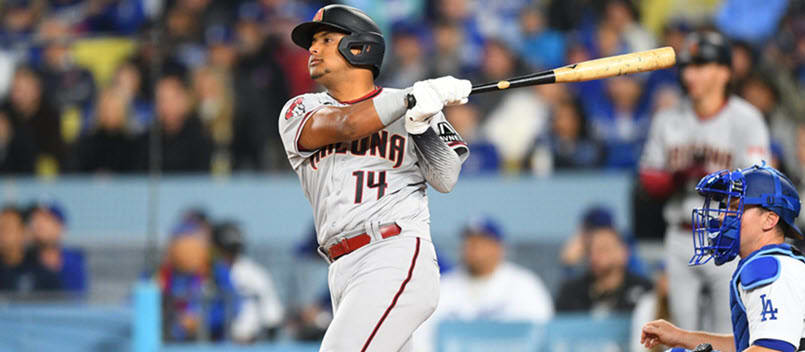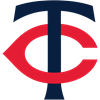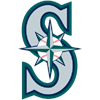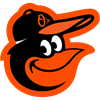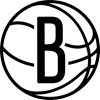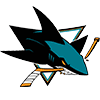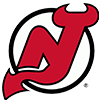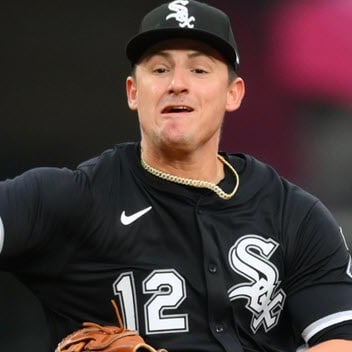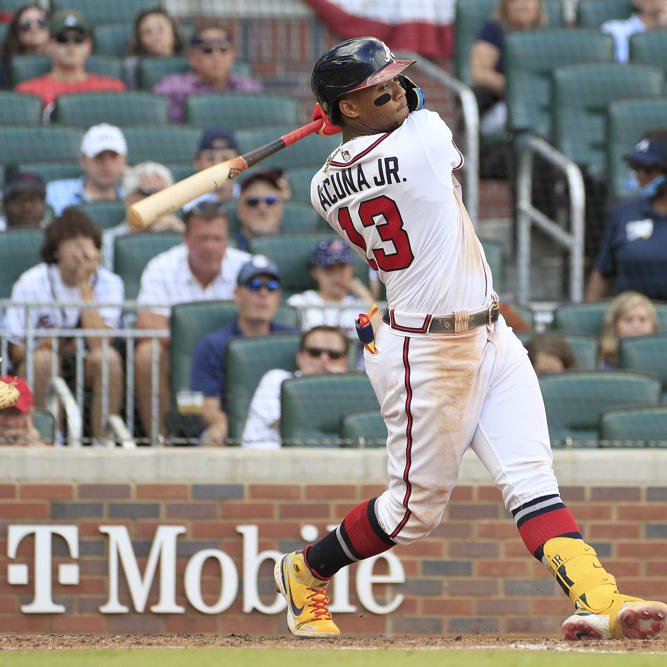Shortly after the conclusion of the World Series (congrats, Rangers), my homie Chris Crawford and I got together on the RotoWire Fantasy Baseball Podcast to discuss players who might have seen their stocks rise as a result of their postseason performance. You can check that out in audio form here, but I thought it would be worthwhile to write about some of those guys more in-depth, so that's what this piece will be exploring.
There's always some danger in trying to glean anything out of small samples, and the playoff samples qualify as relatively small. For example, Marcus Semien and Corey Seager led the way with 82 plate appearances among this year's postseason participants and only Nathan Eovaldi (36.2), Zac Gallen (33.2) and Jordan Montgomery (31) threw 30-plus innings.
While that's not a ton of data to go on, it's not nothing. Also, perhaps even more important than the numbers themselves is how a good showing in the playoffs can enhance an organization's outlook on a player, which can act as a springboard heading into 2024. Let's take a look at one guy who is trending up post-Fall Classic.
The player who drove in the most runs for the Diamondbacks during their surprise run to the National League pennant was not the guy who plated 103 during the regular season (Christian Walker). It wasn't the player who now holds the record for most consecutive playoff games with a hit (Ketel Marte). It wasn't
Shortly after the conclusion of the World Series (congrats, Rangers), my homie Chris Crawford and I got together on the RotoWire Fantasy Baseball Podcast to discuss players who might have seen their stocks rise as a result of their postseason performance. You can check that out in audio form here, but I thought it would be worthwhile to write about some of those guys more in-depth, so that's what this piece will be exploring.
There's always some danger in trying to glean anything out of small samples, and the playoff samples qualify as relatively small. For example, Marcus Semien and Corey Seager led the way with 82 plate appearances among this year's postseason participants and only Nathan Eovaldi (36.2), Zac Gallen (33.2) and Jordan Montgomery (31) threw 30-plus innings.
While that's not a ton of data to go on, it's not nothing. Also, perhaps even more important than the numbers themselves is how a good showing in the playoffs can enhance an organization's outlook on a player, which can act as a springboard heading into 2024. Let's take a look at one guy who is trending up post-Fall Classic.
The player who drove in the most runs for the Diamondbacks during their surprise run to the National League pennant was not the guy who plated 103 during the regular season (Christian Walker). It wasn't the player who now holds the record for most consecutive playoff games with a hit (Ketel Marte). It wasn't even the unanimous choice for NL Rookie of the Year (Corbin Carroll).
It was Moreno, who led the Snakes with 12 RBI in 17 postseason contests while tying for the team lead (with Alek Thomas) with four home runs. Not bad for a 23-year-old who was making his playoff debut.
While Moreno's arrow is no doubt pointing up in part because of his stellar playoff performance while more eyes were on him, the truth is he had already begun his upward trajectory well before the postseason.
The Diamondbacks acquired Moreno from the Blue Jays along with Lourdes Gurriel in exchange for Daulton Varsho last offseason. It's a deal that already looks like a big win for Arizona and might only continue to appear more lopsided. Moreno, though, took a while to get going in the desert.
Across 216 plate appearances through the end of June, Moreno was hitting only .261/.296/.342. He had hit just two home runs, was stuck toward the bottom of the batting order and was starting to lose some playing time to Carson Kelly. It was at that point when Moreno started showing everyone why he had been regarded as one of the best prospects in baseball.
Mar. 30-June 29
| PA | BA | OBP | SLG | HR | RBI | K | BB |
| 216 | .261 | .296 | .342 | 2 | 26 | 22% | 6% |
July 1-Sept. 30
| PA | BA | OBP | SLG | HR | RBI | K | BB |
| 164 | .317 | .396 | .500 | 5 | 24 | 17% | 10% |
Moreno upped his hard-hit rate (41 percent to 43 percent), average exit velocity (89.7 mph to 90 mph) and launch angle (three degrees to five degrees) only marginally during the latter stretch, but when you combine that with vastly improved strikeout and walk rates, it made a major difference. He also might have been healthier, as Moreno missed three weeks from late July to mid-August with shoulder inflammation and it's not clear how long it might have been an issue before the IL stint.
During the playoffs, Moreno actually saw his strikeout rate go up to 29 percent, his hard-hit rate go down to 36 percent and his average exit velocity drop to 87.4 mph. His launch angle, though, went up quite a bit to 10 degrees, and he also had six barrels over just 70 plate appearances. He managed just seven barrels (in 216 plate appearances) from Mar. 30-June 29 and six barrels (in 164 plate appearances) from July 1-Sept. 30. Was Moreno making a conscious effort to sacrifice some contact in order to add more power to his game?
Also noteworthy from the postseason was Moreno's elevation in the Diamondbacks' lineup. He never hit lower than fifth in 17 playoff contests and he was used as Arizona's No. 3 hitter from Game 3 of the NLCS through Game 5 of the World Series. During the regular season, Moreno batted higher than sixth just two times. Of his 94 starts, 85 of them came from the lower third of the batting order. I'm not sure what manager Torey Lovullo's appetite is for running it back with Moreno in the five spot or even the three hole, but it could have some major fantasy implications.
I also need to point out how awesome Moreno's defense was during his first season with the Diamondbacks.
Moreno's framing graded out a tick below average, but as you can see above with the chart from Baseball Savant, he earned very high grades elsewhere. The 23-year-old wound up capturing the Gold Glove at catcher in the NL for his efforts. While Moreno's defense might not have a direct fantasy impact, it is undoubtedly a factor when it comes to playing time.
I would still caution against projecting a big power output from Moreno in 2024. The playoff home run splurge was encouraging, and we often see young guys with plus bat-to-ball skills eventually develop that over-the-fence pop at the major-league level as they mature. Moreno, though, remains a groundball-heavy hitter (54.6 percent, per Fangraphs) without standout exit velocities whose home run totals in the minors were slight. I'm not ruling out a nice home run total next season, but it would fall under the "pleasant surprise" category for me.
Where I'm very confident in the projection for Moreno is the aforementioned contact skills, which have consistently translated to excellent batting averages everywhere he's been. I'll be keeping close tabs on reports of where Lovullo plans to bat his young backstop. If Moreno is hitting in the heart of the lineup, he'll add excellent counting stats potential to his bankable average. That would give him top-five fantasy catcher upside even if his home run total lags a bit behind his counterparts.


